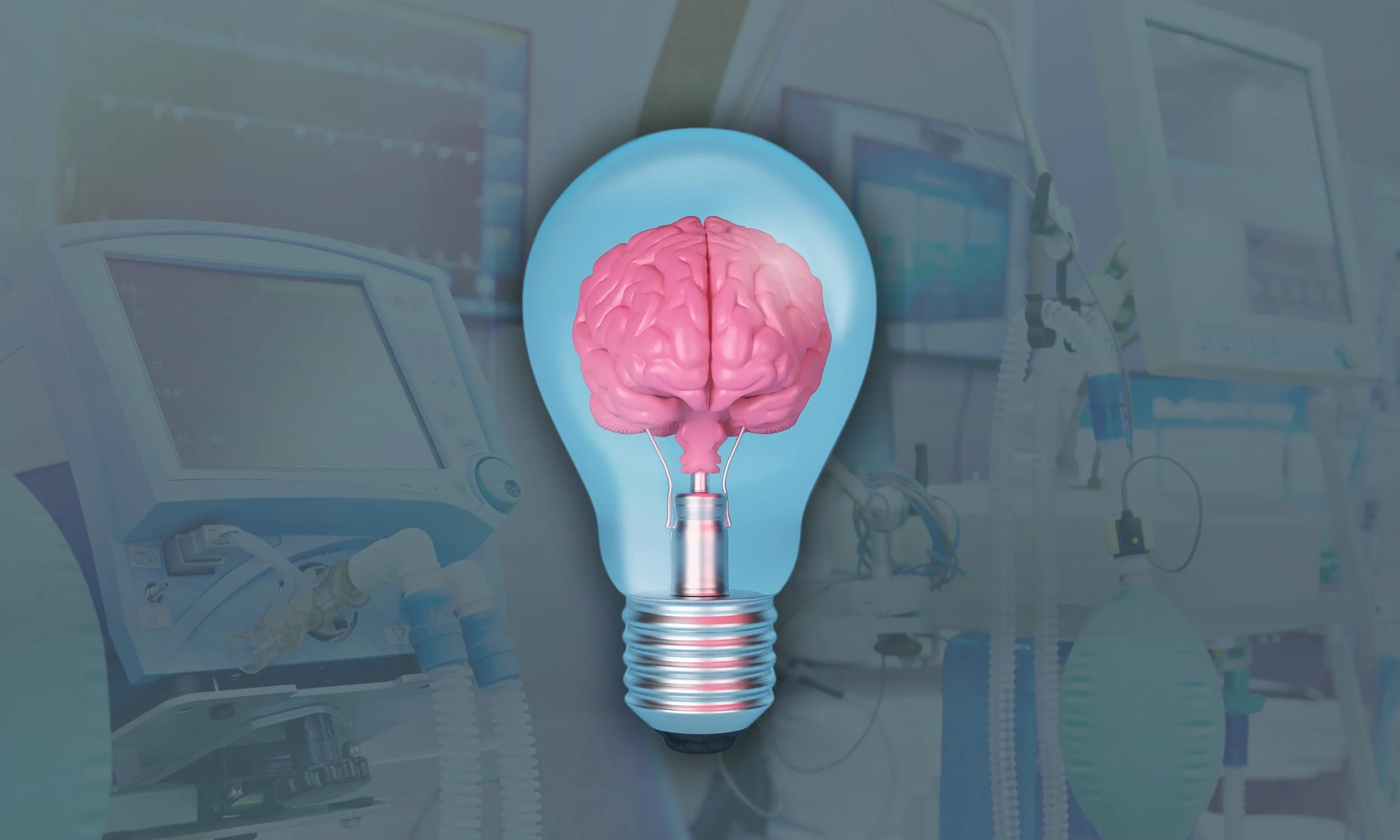In this blog post, uncover the relationship between ketamine infusion therapy, gut microbiome, and mood improvement for those seeking innovative depression treatments.
A new and interesting ketamine study published back in 2022 aimed to determine the relationship between ketamine therapy and its effects on the gut microbiome.
Ketamine Therapy And The Gut Microbiome's Role in Mental Health
There’s an interesting article we came across recently that was published in Neuropharmacology back in September 2022. The article is titled “Depression and antidepressant effects of ketamine and its metabolites: The pivotal role of gut microbiota”.
Did you know that we have over one trillion bacterial cells in our intestine? These make up the gut microbiome. What's fascinating is that we have approximately 800 billion human cells. What that means is that we actually have more gut bacterial cells than human cells in and around our body! How amazing is that?
The study has found that ketamine could be altering our gut microbiome, which plays a role in our mood.
Ketamine Therapy's Impact on Gut Microbiome & Depression
In the study, they were looking at the relationship between ketamine therapy and its impact on the gut microbiome. What they found and hypothesized is that one of the benefits of ketamine might be that it alters the bacterial cells and its population in our biome.
What’s interesting is that some studies show that it's actually our gut biome that may be playing a role in depression. For example, they took some gut bacterial cells from patients who had depression and put them into rat cells in their intestines. What they found was that the rat exhibited depression-like behavior amongst the rats. This shows that the gut microbiome can indeed play a role in mood.
The findings of the study are so fascinating because it shows that ketamine’s mechanism affects so much more of our bodies than we think.
Tryptophan, Serotonin, and the Antidepressant Effect
One of the interesting things about the bacterial cells is that they actually produce tryptophan, which is a precursor to serotonin for our bodies. This article is so important because it states that ketamine might be altering the gut microbiome, which is one of the mechanisms of how it's creating this antidepressant effect. The fact that gut health is the key to overall health has never been more true!
Although there is still much to explore on ketamine’s relationship with your gut microbiome, it’s fascinating to see how ketamine’s mechanism affects so many areas of our body. It’s no wonder why ketamine is regarded as one of the greatest advancements in the treatment of depression in the past 60 years.
Related Questions
Are there any side effects or risks associated with ketamine infusion therapy that I should be aware of before considering it for my depression?
Yes, like all medications ketamine does have short-term and long-term side effects such as nausea, high blood pressure, and inflammation of the liver or gallbladder. Learn more about ketamine’s side effects at our blog.
Are there other ways ketamine works to resolve depression, besides affecting the gut biome?
There is continued research on exactly how ketamine is so effective to treat depression. On a biological level, ketamine blocks activity of the neurotransmitter glutamate which blocks the stimulation of the NMDA receptor and results in increased Brain Derived Neurotrophic Factor (BDNF). This increase in BDNF leads to increased neurogenesis and neuroplasticity which in turn can help restore the synaptic connections in the brain that are lost in chronic depression. Explore more about this in our blog, The 4 Mechanisms of How Ketamine Works.
If you enjoyed this blog, check out these other posts:
Theta Brain Waves & the Anti-Anxiety Effects of Ketamine
Curious about what could be going on in the brain during ketamine infusion therapy? Your brain gets into a very calm meditative state, similar to advanced meditation. Learn more in this post.
Should You Eat Or Drink Before A Ketamine Infusion
No! Find out the thought process behind this answer at our blog.
Going Beyond Serotonin In Depression
For the longest time, the major path we treat depression and other mental health disorders is through SSRI. Although it can work for some patients, many patients do not respond or have significant side effects. But science has come a long way, and promising alternatives are now available.
Study Mentioned In This Blog:








